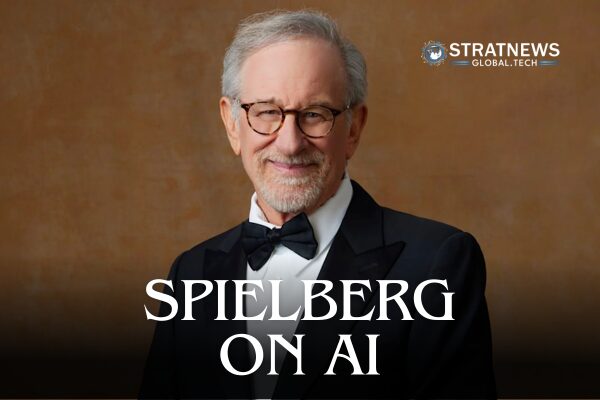Spielberg Speaks Out Against AI Making Creative Choices
Steven Spielberg has shared his concerns about using artificial intelligence in filmmaking, stating he does not want AI making creative decisions that he cannot make himself. Speaking to Reuters after the dedication of the Steven Spielberg Theatre at Universal Studios, the acclaimed director highlighted his cautious stance on AI in Hollywood.
“I don’t want to use AI as a non-human collaborator in trying to work out my creative thinking,” Spielberg said, adding that while he sees potential in AI for medical advancements, he draws the line when it comes to creative control.
Reflecting on “A.I. Artificial Intelligence” and the Future
Spielberg’s 2001 film “A.I. Artificial Intelligence” explored themes of love, loss, and what it means to be human through the eyes of an android child longing for a mother’s love. At the time of the film’s release, AI technology was still in its early stages, arriving 21 years before the launch of tools like OpenAI’s ChatGPT.
“It wasn’t about artificial intelligence as much as it was about sentient existence,” Spielberg said. He noted that while there may eventually be a convergence between AI and robotics, his film focused more on emotional connections with sentient beings rather than technological advances.
Concerns Over Technology Replacing Human Talent
Spielberg recalled his experience while working on “Jurassic Park” in 1993, where the use of computer-generated imagery (CGI) by Industrial Light & Magic replaced the planned stop-motion animation. While the CGI dinosaurs revolutionised visual effects, Spielberg noted that it led to certain careers becoming “somewhat extinct.”
These experiences have made Spielberg cautious about the potential for AI to take work away from people in the industry. He stated he has not yet used AI in his films but may consider using it for back-end functions like budgeting or scheduling in the future.
“I don’t want to use it in front of the camera right now. Not quite yet,” Spielberg said, emphasising his view that creative choices should remain in human hands as the industry navigates the rise of AI in filmmaking.
with inputs from Reuters


